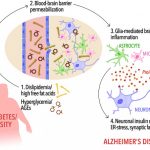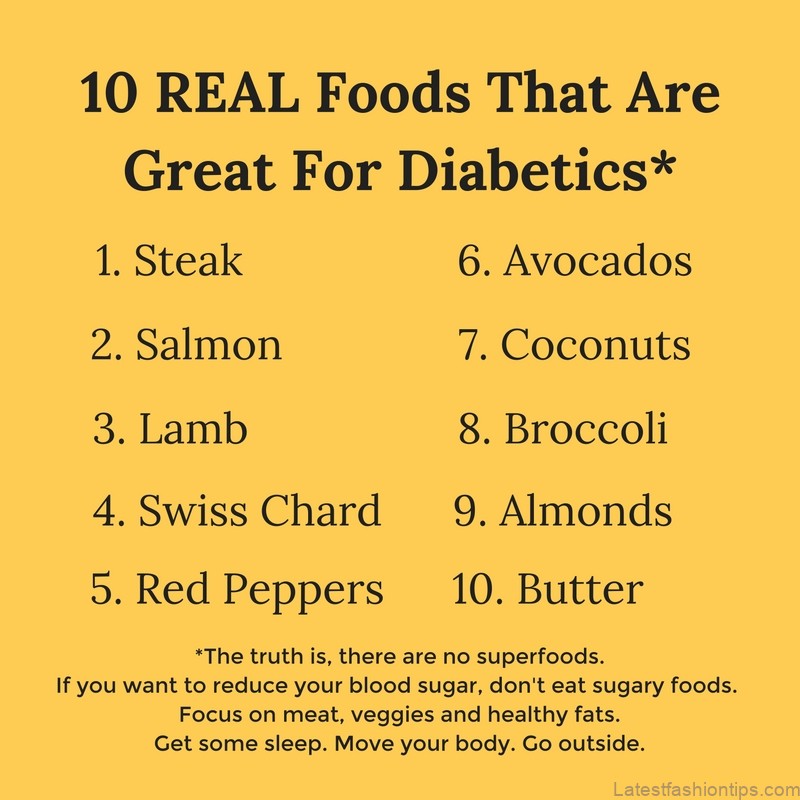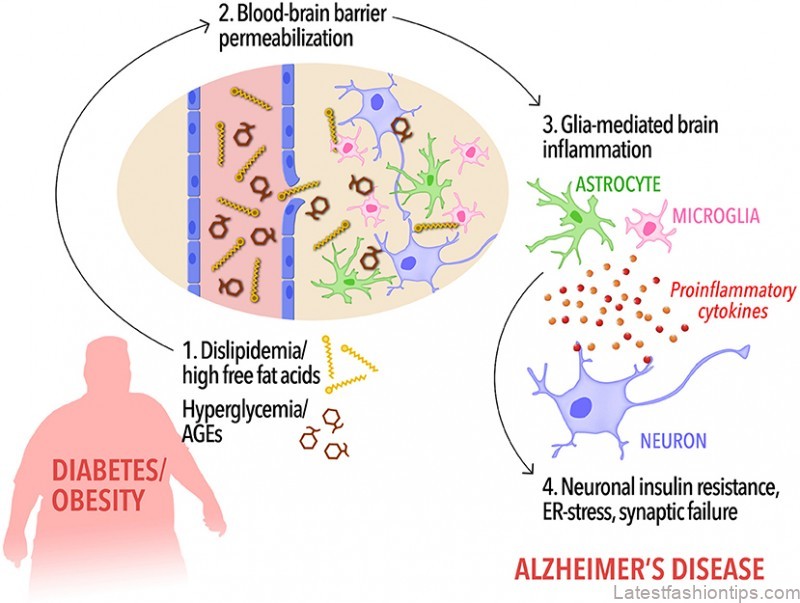True & False Facts About Insulin Resistance
Insulin is a hormone that helps your body convert food into energy. However, sometimes this process may not work properly. HFG illuminates the truth about insulin resistance and why action is needed now. You eat the right things and exercise every day, but the number you see on the scale never changes. You know something is wrong, but you are not sure what. Is there a hidden problem? The answer to your question may be a disease called insulin resistance. Although roughly one in four people have some degree of insulin resistance, this “silent” disease that is the precursor of type 2 diabetes may not show itself at all. There are still many misconceptions about insulin resistance: Is it really such a serious disease?
True & False Facts About Insulin Resistance Photo Gallery
Is it reversible? Do I need to give up carbohydrates?
To put things right, we’ve brought together the most popular misinformation and the most up-to-date scientific data on insulin resistance.
Insulin resistance can cause type 2 diabetes in about 10 years. Therefore, early diagnosis is very important.
What is insulin resistance?
When you consume foods rich in carbohydrates, such as bread, potatoes or fruit, your body converts the carbohydrate into sugar, or glucose. This sugar enters the blood stream. Your pancreas, on the other hand, secretes a hormone called insulin, which acts as a gateway for glucose to enter cells. Glucose entering the cells can be used immediately as energy or stored as glycogen in the muscles and liver for later use. If the glycogen reservoir is full, excess glucose is stored as fat. However, if you have insulin resistance, the insulin will not be as effective. Just like a stuck and rusted “door”, it can’t flush glucose out of your blood stream.
This means that your muscles and liver resist the action of insulin and cannot use glucose. Therefore, your body has to work harder to produce more insulin, even though it’s dealing with the same amount of glucose. This causes high blood sugar and high insulin levels to occur over time. If this disease is not treated, type 2 diabetes can occur.
INSULIN RESISTANCE
occurs when the body’s normal response to insulin is weakened, causing the body to produce more insulin to maintain normal blood sugar levels. In this stage, insulin resistance can be treated or reduced by making healthy lifestyle changes.
Diabetes stage, the body begins to have trouble producing the extra insulin it needs to cope with insulin resistance.
The blood sugar level starts to rise above normal and the risk of developing type 2 diabetes increases within 10 years.
TYPE 2 DIABETES
Insulin resistance becomes severe, insulin production decreases, and blood sugar levels rise further, causing type 2 diabetes. If type 2 diabetes is left untreated, nerves and cells can be damaged. This can cause serious health problems.
How do I know if I have insulin resistance?
You may have insulin resistance and not realize it. This disease usually has very few symptoms. Excess weight problem, especially in the waist area, is one of the symptoms. Others are vague symptoms such as constant fatigue, bloating, and sweet cravings.
To diagnose insulin resistance, you need to have a series of blood tests. “The highlight is the glucose tolerance test, which measures insulin levels,” say many expert dietitians. This test measures how insulin responds to carbohydrate consumption.
Can insulin resistance be treated?
The good news is that with good nutrition and the right lifestyle choices, you can improve your insulin sensitivity or completely cure insulin resistance.
Although an aggressive diet and exercise are required for the treatment of this disease, it is not impossible. It really depends on how long the person has insulin resistance, their weight, and their genetic makeup.
High-intensity interval training (HIIT) is known to be very beneficial. The effects of HIIT are immediate because it helps stimulate muscle cells to use glucose immediately. Adequate sleep and avoiding stress can also have an impact on the function of insulin in your body.
I can’t get rid of my belly fat. Is insulin resistance to blame?
Stubborn belly fat can be caused by the high amount of insulin circulating in your body. “Insulin promotes fat storage and inhibits fat burning.” Experts say, and they add, “While this works for your body to store energy for later use, excess insulin makes it easier for you to gain weight and makes it harder to lose weight. However, other medical problems should not be ignored since insulin resistance is not the only cause of waist fat.may be related to many different hormonal problems.
It may also be caused by heavy alcohol consumption, loss of liver function or genetic factors.”
Does insulin resistance cause diabetes and is it dangerous?
If insulin resistance is not treated, it can cause type 2 diabetes. It can turn into diabetes within 10 years, but this transformation can be prevented with early diagnosis, healthy changes in the diet, exercise and medication. Your blood sugar level also rises above the health threshold, but at this stage it is not high enough to be diagnosed with diabetes. This stage is called the “pre-diabetic stage” and there are two types: impaired glucose tolerance (blood sugar rises after a meal) and impaired fasting glucose (blood glucose level when fasting) If the necessary lifestyle changes are not made, pre-diabetic stage can turn into type 2 diabetes and damage the nerves, eyes and/or kidneys.
Is excessive sugar consumption the cause of insulin resistance?
Eating too much sugar can reduce insulin sensitivity, but sugar is not the only culprit The tem causing insulin resistance One of the main risk factors is being overweight and of course sugary and high kilojoules foods such as biscuits, soft drinks and lollipops will cause you to gain weight.
Having excess fat in the lumbar region is considered particularly dangerous. Because that means a lot of fat has accumulated around your internal organs. Such fats can cause inflammation, which is thought to play a large role in insulin resistance. Other risk factors for insulin resistance include genetic inheritance, physical inactivity, belonging to certain ethnic groups, or polycystic ovary syndrome. If I have insulin resistance, should I stop consuming carbohydrates or even fruit? Of course no! The reason people believe this misconception is that carbohydrate-rich foods raise blood sugar. However, completely eliminating the consumption of these foods is not a solution.
“A person can significantly lose weight and lower their insulin level by cutting carbohydrates. However, this does not eliminate the underlying causes… It only masks the problem! In the experience of experts, a moderate carbohydrate diet would be a better approach. It has been shown to improve one’s insulin resistance over time, especially when combined with exercise.”
An extremely low-carb diet can actually harm you in the long run. “There is evidence that low-carb diets, especially those full of animal foods, can aggravate insulin sensitivity and increase the risk of type 2 diabetes.
Where should I start?
If you suspect you have insulin resistance, your first step should be to see a doctor. Then you can consult approved and certified dietitians in your country for individual solutions.
Table of Contents
Maybe You Like Them Too
- Stephen A. Smith A Biography
- Steny Hoyer A Life in Public Service
- Sheryl Underwood A Life in Music and Comedy
- Scott Walker A Life in Song
- Sara Evans A Biography








